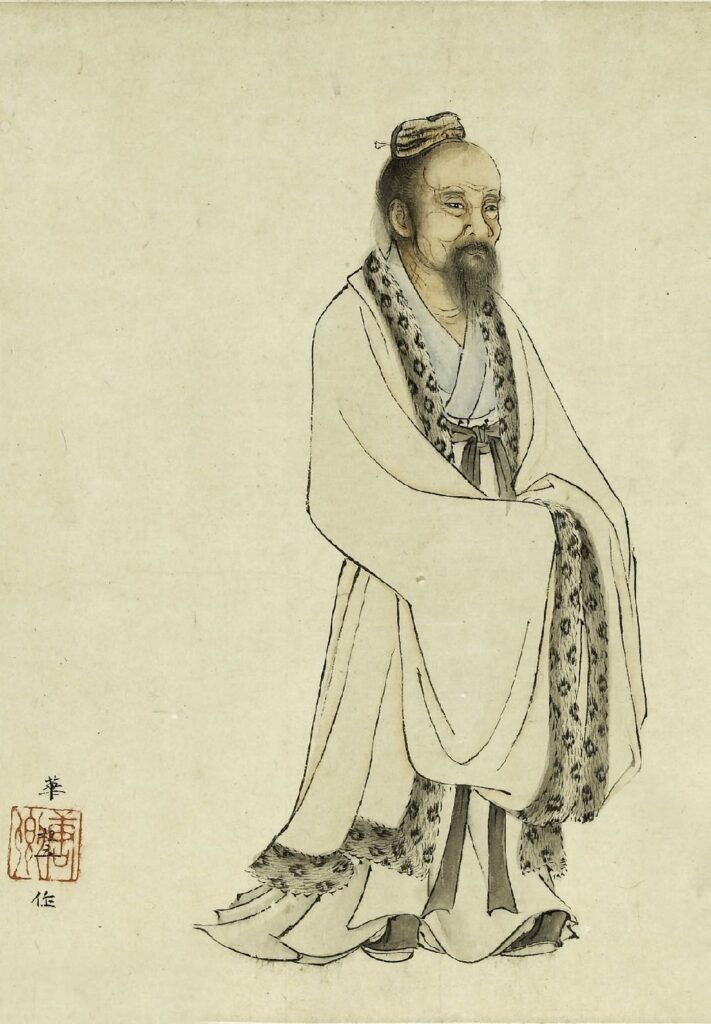Shao Chih asked T’ai Kung Tiao, saying, “What is meant by society?”
“Society,” replied T’ai Kung Tiao, “is an agreement of a certain number of families and individuals to abide by certain customs. Discordant elements unite to form a harmonious whole. Take away this unity and each has a separate individuality.
“Point at any one of the many parts of a horse, and that is not a horse, although there is the horse before you. It is the combination of all which makes the horse.
“Similarly, a mountain is high because of its individual particles. A river is large because of its individual drops. And he is a just man who regards all parts from the point of view of the whole.
“Thus, in regard to the views of others, he holds his own opinion, but not obstinately. In regard to his own views, while conscious of their truth, he does not despise the opinions of others.
“The four seasons have different characteristics, but God shows no preference for either, and therefore we have the year complete.
“The functions of the various classes of officials differ; but the sovereign shows no partiality, and therefore the empire is governed. There are the civil and the military; but the truly great man shows no preference for either, and therefore their efficacy is complete. All things are under the operation of varying laws; but Tao shows no partiality and therefore it cannot be identified.
“Not being able to be identified, it consequently does nothing. And by doing nothing all things can be done.
“Seasons have their beginnings and their ends. Generations change and change. Good and evil fortune alternate, bringing sorrow here, happiness there.
“He who obstinately views things from his own standpoint only, may be right in one case and wrong in another. Just as in a great jungle all kinds of shrubs are found together; or as on a mountain you see trees and stones indiscriminately mixed,—so is what we call society.”
From Chapter XXV (Tse Yang) of Chuang Tzu. Courtesy Gutenberg project

Chuang Tzu (also Zhuang Zhou or Zhuangzi, literally “Master Zhuang”) was an influential Chinese philosopher and Taoist sage who lived around the 4th century BCE in a period of great development in Chinese philosophy, the Hundred Schools of Thought. He is credited with writing—in part or in whole—a work known by his name, the Chuang Tzu or Zhuangzi, which is one of the two foundational texts of Taoism, alongside the Tao Te Ching.
Image courtesy Hua Zili , Wikimedia Commons.
Taoism is a diverse philosophical and religious tradition indigenous to China, emphasising harmony with the Tao (way, road, path or technique). Taoist thought has informed the development of various practices within the Taoist tradition and beyond, including forms of meditation, astrology and feng shui. A common goal of Taoist practice is self-cultivation, a deeper appreciation of the Tao, and more harmonious existence. Taoist ethics emphasise such virtues as effortless action, naturalness, simplicity, and the three treasures of compassion, frugality and humility.
